On his podcast and in interviews, Pastor Tim Ross has drawn criticism for cussing, or what he refers to as using “strong language.” But after a recent discussion with a friend who’s a new Christian, Ross decided to reserve that type of talk for private conversations, when he feels it’s warranted.
Ross, who serves as oversight pastor at Transformation Church in Tulsa, Oklahoma, has been in ministry for 27 years, but is fairly new to podcasting. He has been called to reach nonbelievers and knows how to speak their language, he said, but he doesn’t want that to happen at the expense of his church ministry.
In a video posted last week, Ross said his church leader friends shouldn’t be forced to defend him. “Using strong language on my public platforms is not worth [my pastor friends] having sideways energy brought their way,” he said.
Pastor Tim Ross: ‘Strong Language’ Fits With Strong Emotions
On his podcast, “The Basement With Tim Ross,” the pastor and church-growth expert gets “real, honest and vulnerable” with listeners. Those conversations often include profanity, including the f-word.
“In my mind, it makes sense that when I’m feeling strong emotions, I should use strong language to go with those emotions,” Ross said. He’s “very intentional” with his use of language, he added, and hasn’t really cared what people think about his choice to occasionally use profanity.
Although Ross has never felt the Holy Spirit convict him about using strong language, he said he wants to “be accountable” with his words. His podcast listeners, who tend to be nonbelievers or new Christians, “can handle what comes out of my mouth,” he said. But people who know him from the pulpit can’t—and that’s been “a rub, a frustration that I have not been unaware of.”
While talking to his friend about that tension, Ross said he felt the Holy Spirit speaking to him. The pastor realized his public platforms attract a “cross-pollenization” of audiences, and he’s not willing to make his church friends “uncomfortable.” Ross said he’s “not repenting” but is simply “stumbling into how to do this right.”
‘Be Patient With Me,’ Says Pastor Tim Ross
Ross, 48, said he was eager to share with listeners that he has resolved, moving forward, to not use strong, inflammatory language in public, on social media platforms, or in any podcasts or interviews. Private conversations may be a different story, he added, depending on the topic.



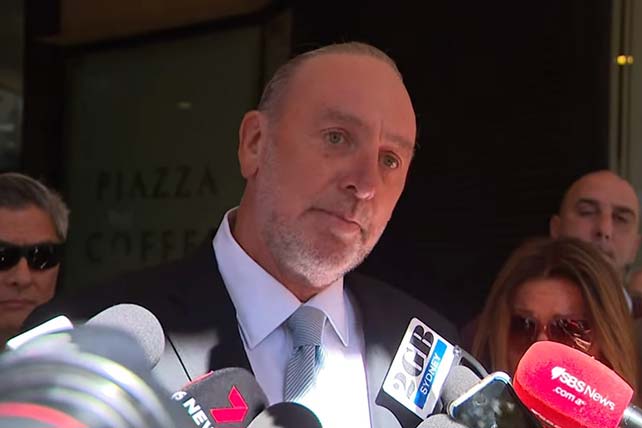







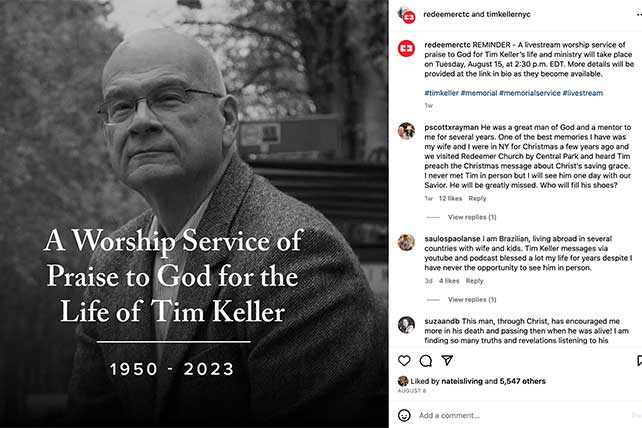
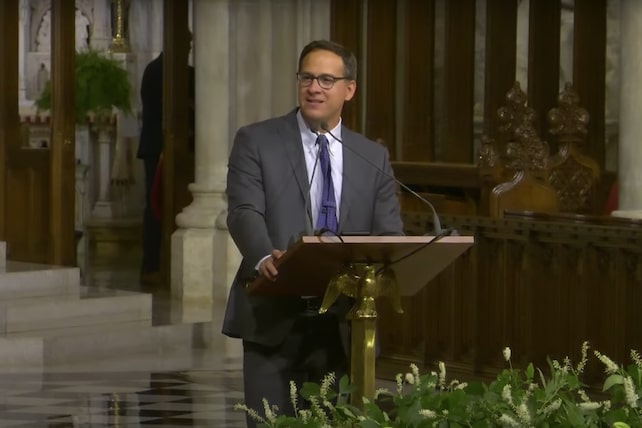
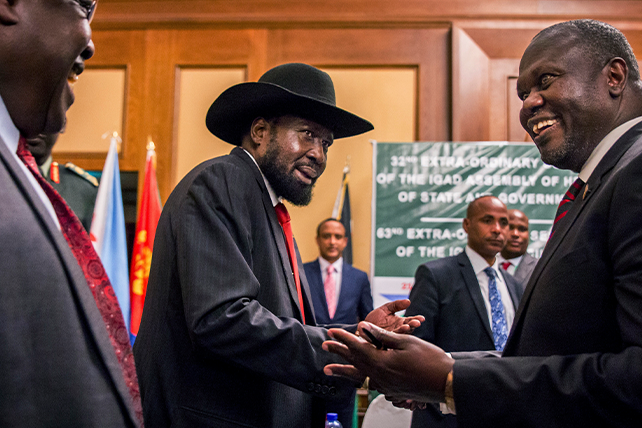
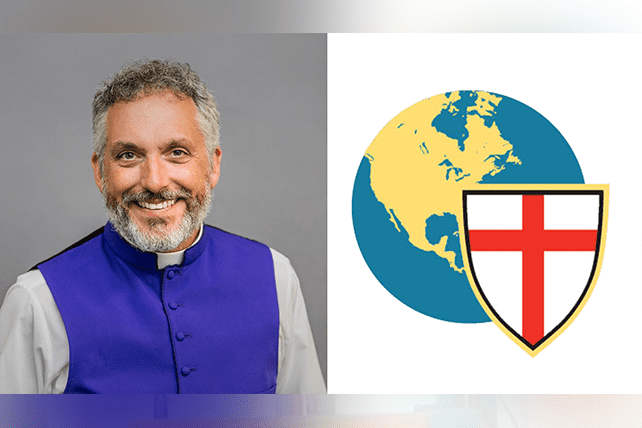
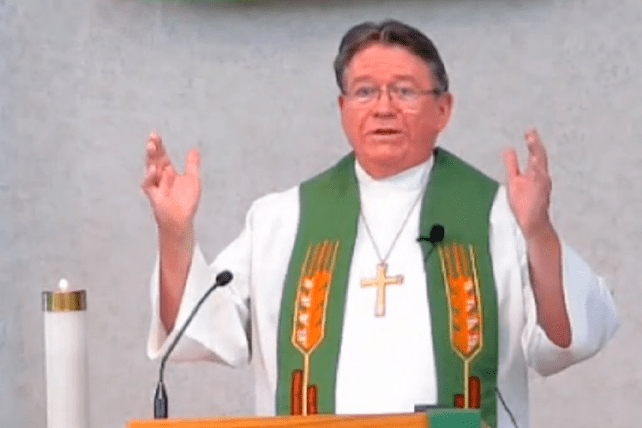
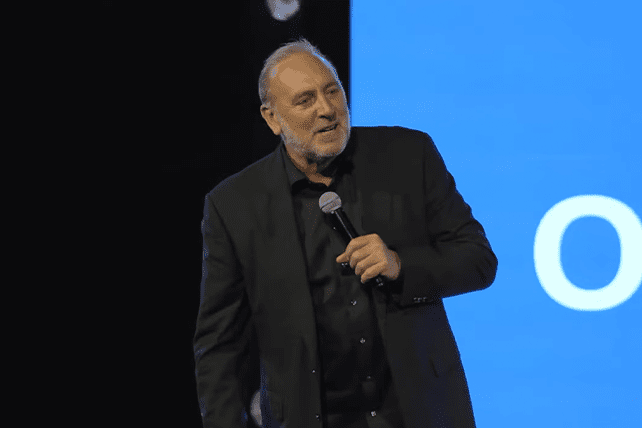
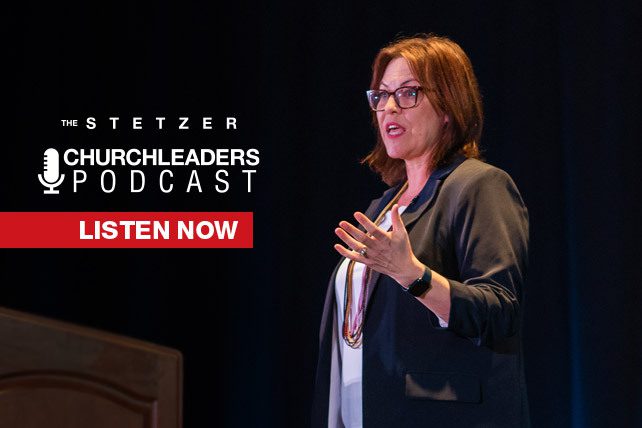



 A habit is an acquired pattern or routine behavior that when repeated consistently becomes almost involuntary. We are all creatures of habit. Perhaps you’ve never considered that most of what you do in a day consists of habits.
A habit is an acquired pattern or routine behavior that when repeated consistently becomes almost involuntary. We are all creatures of habit. Perhaps you’ve never considered that most of what you do in a day consists of habits.







